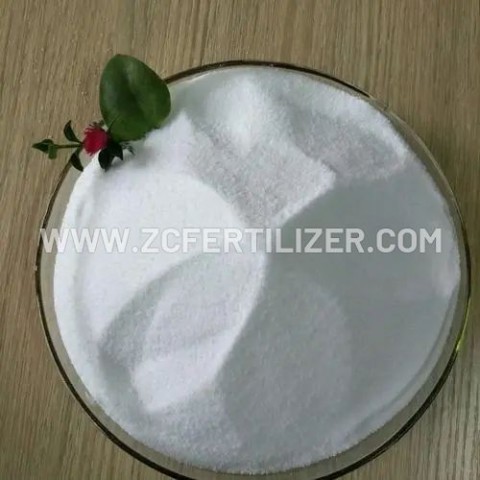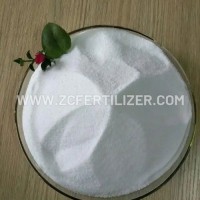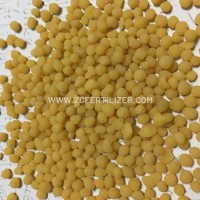Ammonium chloride is an inorganic substance contains 25% Nitrogen and 65% Chlorine. It is white or slightly yellowish square or octahedral small crystals. There are two dosage forms of powdery and granular. Granular ammonium chloride is not easy to absorb moisture and is easy to store, while powdered ammonium chloride is mostly used The basic fertilizer for the production of compound fertilizer. Ammonium chloride is a physiologically acidic fertilizer. It is not suitable for application on acid soil and saline soil because of its high chlorine content. It is not suitable for planting fertilizer, seedling fertilizer or foliar fertilizer, and also not suitable for chlorine-sensitive crops (such as tobacco, potato, citrus, tea, etc.) ) On application. Ammonium chloride is used as a fertilizer for gaining high yield in paddy crops.
Benefits of Ammonium Chloride in Agriculture:
Increased Crop Yields: Ammonium chloride application has been shown to enhance crop yields by as much as 40%. This improvement is particularly significant in crops that lack an adequate supply of chloride.
Pathogen and Infection Prevention: Ammonium chloride plays a crucial role in safeguarding crops from pathogens and infections. It can help in reducing the susceptibility of various crops to diseases, thereby promoting healthier plant growth.
Nutrient Supply for Cl-Responsive Crops: Certain crops, such as coconut, oil palm, and kiwifruit, are highly responsive to chloride (Cl). Ammonium chloride serves as an effective source of both nitrogen (N) and chloride (Cl) for these Cl-responsive crops. This dual benefit ensures optimal nutrient availability for their growth and development.
Application
Ammonium Chloride fertilizer application is recommended for saline and alkaline soils.
It is also an excellent nitrogenous fertiliser for use in low-lying locations where farmers grow rice and other crops.
The chlorine present in Ammonium Chloride gives resistance to some pests and diseases from the soil.




